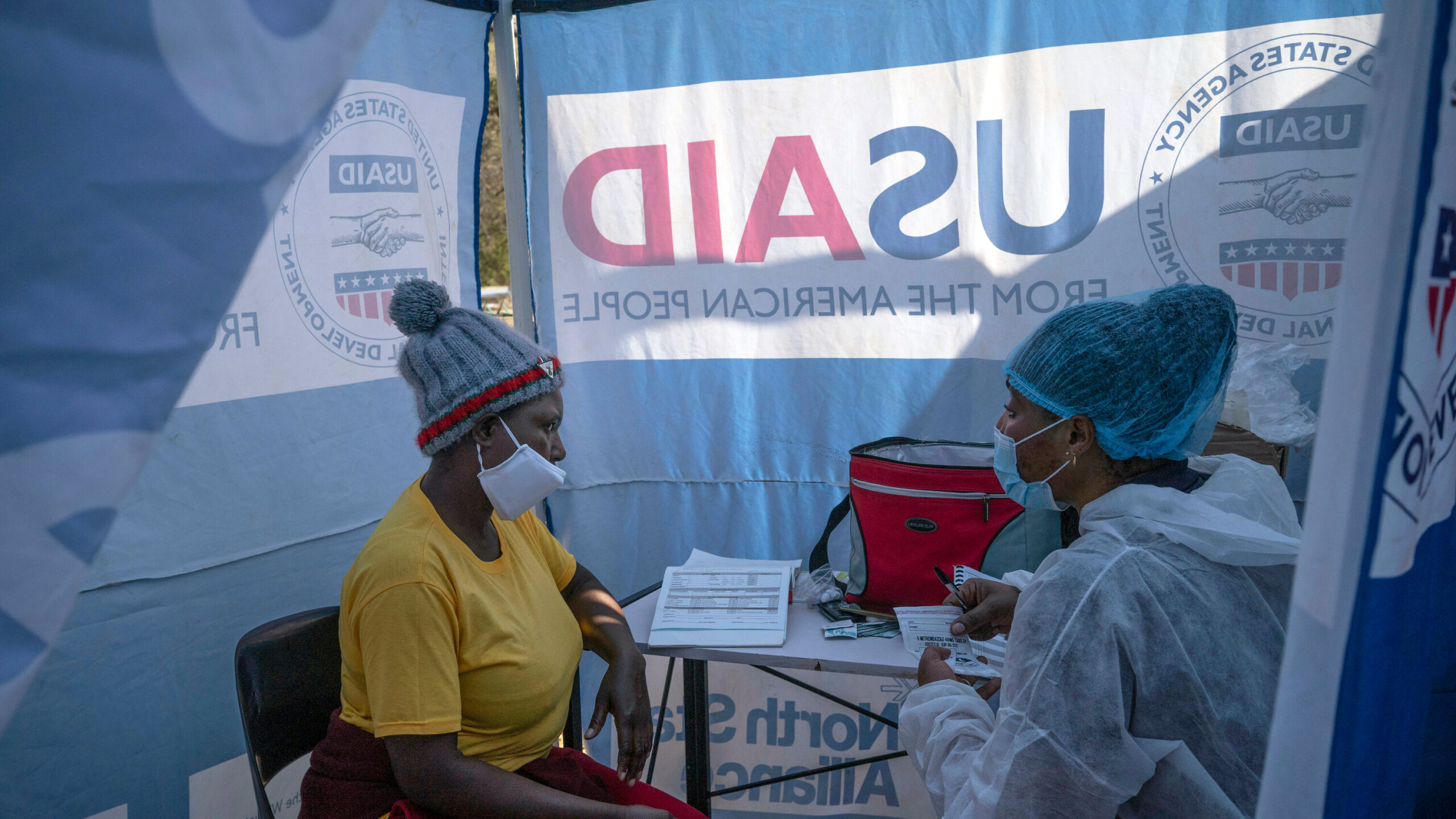Reports from the field suggest that some individuals receiving HIV care in Zimbabwe have begun stockpiling antiretroviral therapy (ART), driven by anxiety over potential supply disruptions linked to international funding cuts.
This behavior persists even though government officials have confirmed that there is enough ART in stock, raising concerns that hoarding could lead to artificial shortages in certain urban health facilities.
A significant factor behind this concern stems from funding uncertainties, particularly those tied to the Trump administration’s proposed aid reductions. If implemented fully, these cuts could deprive Zimbabwe of approximately US$522 million. The 90-day review period for these decisions concludes on April 19, with the country awaiting final word. Already, the freeze has disrupted operations for numerous clinics, civil society groups, and healthcare personnel.
While ART is currently offered at no cost in government-run hospitals, council clinics, and mission hospitals, fears over the stability of funding have triggered anxiety among patients. Zimbabwe is notable for being among a small group of countries that funds part of its HIV response domestically.
Central to that domestic effort is the AIDS Levy, a homegrown financing model introduced in 1999. This tax collects 3% from personal incomes and corporate profits—though mining companies were exempt until 2015—and is administered by the National AIDS Council (NAC). In 2014 alone, it generated around US$38.6 million.
However, the U.S. dollar portion of the levy has declined in recent years. Much of that component was supported by NGOs and staff paid by U.S.-funded entities like USAID, PEPFAR, and the CDC. As international support has waned, the dollar contributions to the levy have dropped, prompting calls for more sustainable, locally sourced alternatives to current tax-heavy models.
Legally, more than half (55%) of the levy’s funds must be allocated to ART procurement. The AIDS Levy has played a key role in securing second- and third-line treatment options in Zimbabwe’s HIV care program.
Nonetheless, hoarding ART can have negative effects—resulting in expired or wasted medication, supply chain pressures, and uneven access. With approximately 1.2 million people on ART in the country, careful oversight is essential to maintain consistent supply levels.
Dr. Bernard Madzima, CEO of the National AIDS Council, via remarks delivered by Dr. Raymond Yekeye, NAC’s Operations Director, recently assured journalists in Chinhoyi that ART stockpiles were sufficient.
“There is no need for alarm. We have ART supplies to last at least six months. Deliveries are ongoing, with another shipment en route,” said Dr. Madzima, adding that 31% of the country’s ARVs come from U.S. funding, while the Global Fund, government resources, and other partners cover the rest.
Echoing these sentiments, Dr. Owen Mugurungi, Director of the AIDS and TB Unit, emphasized that there had been no interruptions in ART availability or broader HIV-related supplies, including testing kits and condoms, across national and regional depots.
A recent update from UNAIDS (dated April 10, 2025) noted that some CDC and USAID-backed organizations had resumed operations, while others remained on hold pending the outcome of the 90-day assessment.
Despite setbacks, public health services are still running in 21 of 64 districts with assistance from the Global Fund. However, human resource shortages are beginning to affect service delivery, including drug distribution and patient follow-up.
The report also highlighted disruptions to HIV prevention programs targeting vulnerable groups, such as sex workers, men who have sex with men, transgender people, and prisoners. Services like PrEP (pre-exposure prophylaxis), HIV testing and counseling, opioid agonist therapy, and harm reduction interventions have all been impacted.
Additionally, funding pauses have affected the District Health Information Software (DHIS2), which is vital for tracking health data. Efforts to combat HIV-related stigma and discrimination, previously funded through PEPFAR, have also come to a halt.
Despite these hurdles, the combined efforts of local health institutions and the Global Fund are helping ensure that core HIV services continue for the population.

For comments, Feedback and Opinions do get in touch with our editor on WhatsApp: +44 7949 297606.
